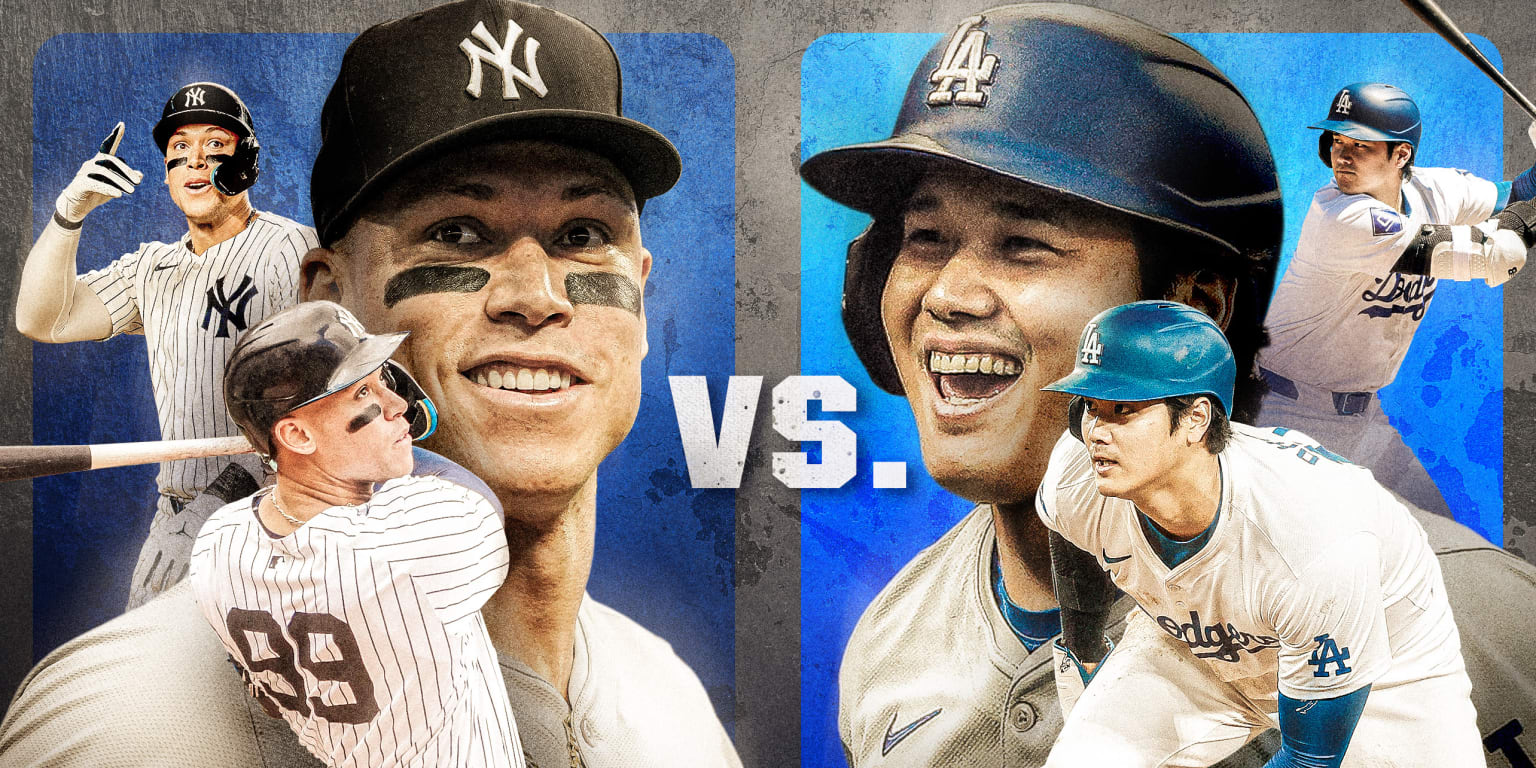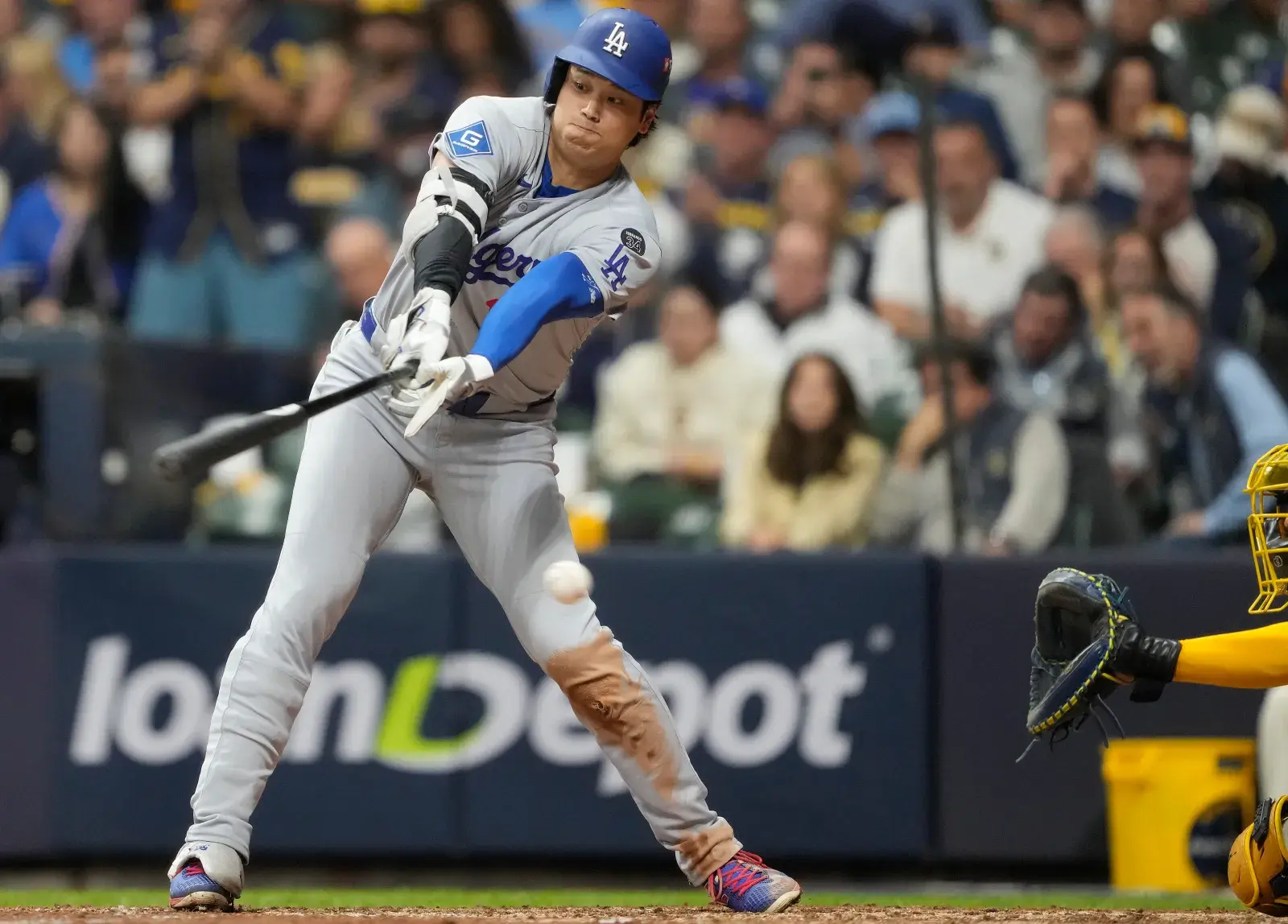Aaron Judge stands as the quintessential modern baseball icon. His towering presence, record-breaking home run totals, and leadership of the New York Yankees make him a figure whose narrative is already cemented in the regular-season annals of the sport. Yet, as the conversation invariably shifts to the postseason, a familiar, lingering question marks the gap between his individual brilliance and the team's ultimate success. This is where the story of Judge becomes inextricably linked to, and arguably overshadowed by, the unprecedented phenomenon that is Shohei Ohtani. For Judge to truly secure his place in the historical context of baseball—a context now forever reshaped by Ohtani—the postseason narrative isn't just important; it is an absolute, unavoidable imperative.

The dynamic between these two generational talents is fascinating precisely because they are not traditional rivals. Ohtani’s narrative is revolutionary: he is defying a century of baseball history by dominating as both an elite hitter and a top-tier pitcher. His success is measured by the sheer impossibility of his accomplishments, yielding multiple MVP awards and global recognition that transcends team loyalty. Judge's narrative, conversely, is traditional, tied directly to the lofty expectations of the New York Yankees franchise. He is measured against the ghosts of October past—Ruth, DiMaggio, Mantle, Jeter—all men who validated their regular-season supremacy with World Series championships.
Judge’s regular-season peaks—including historic home run marks and MVP contention—have firmly established his credentials as one of the game's greatest power hitters. But in the modern media landscape, where continuous success is demanded and narratives are shaped by the highest-leverage moments, his postseason record has often been found wanting, or at least insufficient to match the stature of his team and his contract.
This is the critical difference: Ohtani has created a narrative so unique that it is almost immune to the common criticisms of team failure. His individual achievements are so groundbreaking that they stand alone, requiring no World Series ring to justify their historical weight. Judge, however, plays center field for the Yankees. His ultimate validation is inextricably linked to delivering championship hardware to The Bronx.
The pressure on Judge intensifies with every playoff exit that falls short of a title. While his statistics in October are not universally poor, they lack the dominating, series-defining moments expected of a player of his caliber. To match the grand scale of Ohtani’s narrative—the complete rewriting of the sport’s rulebook—Judge must complete his own traditional baseball story. He must transform from a regular-season titan into an October legend.

Therefore, the challenge for Aaron Judge is not merely to perform well in October; it is to dominate. It is to craft a playoff legacy so undeniable and filled with signature moments that it stands up to the sheer novelty of Ohtani's two-way mastery. Judge’s narrative must shift from being about what he can do, to what he has delivered when the stakes are highest. Only then can his story truly hold its ground alongside the most revolutionary figure baseball has seen in a century. The pressure is immense, but so is the opportunity to fulfill the destiny set before him by the pinstripes he wears.

0 comments:
Post a Comment